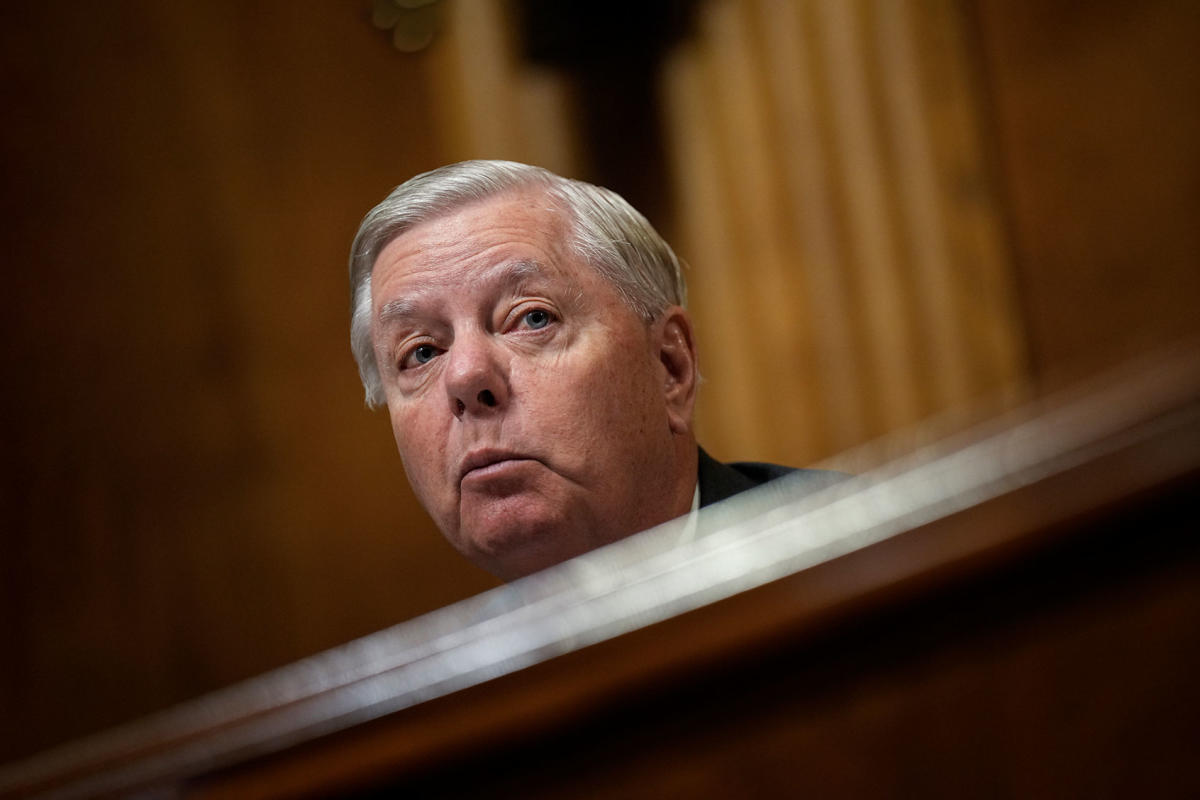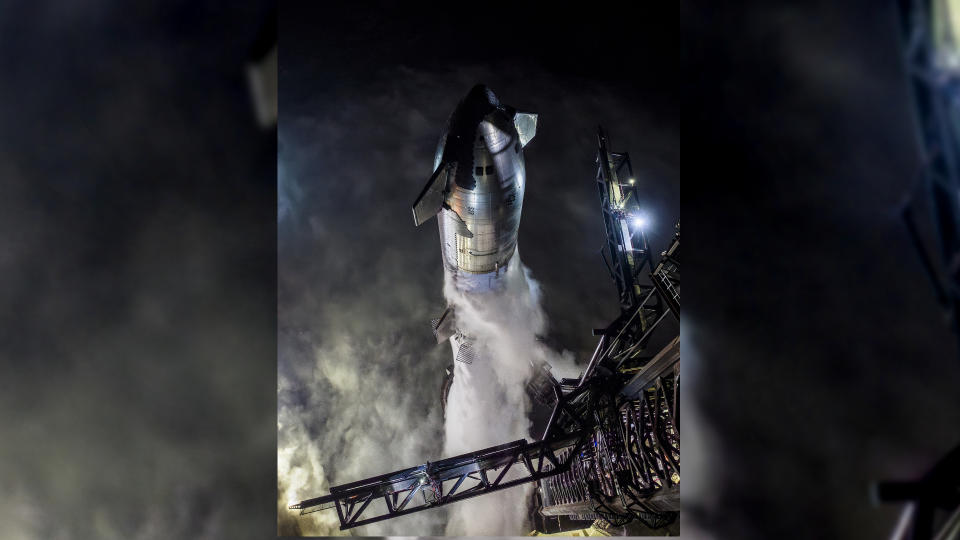Feb. 21—MITCHELL — The loan amount that the city is seeking to take out to dredge Lake Mitchell was reduced to $16.8 million on Tuesday after the Mitchell City Council approved designating $4.6 million in funds for lake restoration work.
After a fiery discussion that ignited debate about whether dredging the lake to correct the algae woes is the right move, the council narrowly approved designating $4.6 million in capital project reserves to future lake improvements in a 4-3 vote. Council member John Doescher was absent from Tuesday’s meeting.
Among the council members who voted in favor of the resolution to reduce the loan amount from the previous $21.5 million figure was Susan Tjarks, who was shocked to see any opposition in allocating available funds to reduce the city’s payments for the proposed $25 million dredging project. Tjarks characterized the resolution as a move that would lessen the city’s financial burden due to the reduced annual interest payments on a $16.8 million loan compared to a loan of $21.5 million.
“We don’t need to borrow the initial ($21.5 million) amount of money, so why not paint the accurate picture to the community that shows them we have some money set aside that we can use to lower the ask from the community to help pay for this project we’ve been working toward for many, many years,” Tjarks said.
Council President Kevin McCardle voted against designating the funds and felt the $4.6 million in available capital project reserve funds could be better spent elsewhere. McCardle suggested sticking with the initial $21.5 million loan amount the city was applying for on the June 4 ballot box and reconsidering the designation of $4.6 million following the June election.
“I think throwing all this money at the lake is a slap in the face of our city department heads. We cut our departments, but now we can throw this money at the lake?” McCardle questioned. “Let the citizens decide how much money they want to put into the lake. We have three months until the election, let’s wait.”
Mayor Bob Everson reiterated throughout the meeting that the reduced loan amount voters will decide on in the June 4 election does not alter the cost of the dredging project. The council’s decision to designate the $4.6 million to Lake Mitchell improvements would lower the financial obligations that the city is responsible for.
“We’re trying to reduce the money we are going to borrow should the public agree to do the project. We would be slashing our interest,” Everson said. “This doesn’t change the estimated project cost.”
The language of the resolution initially stated the additional designated funds would be allocated for lake dredging. Council member Tim Goldammer requested to amend the language to include “Lake Mitchell improvements,” which he explained was a recommendation intended to set aside the $4.6 million for future lake improvements and not a specific project.
While the council approved lowering the loan amount, the loan itself is subject to approval by the voters on June 4. Voters will decide whether the city can move forward with applying for a $16.8 million state loan to fund the proposed lake dredging project.
The council’s mixed support for the dredging project prompted Lake Mitchell resident Mike Vehle to perform a straw poll vote from the council. Vehle asked each council member whether they would approve a dredging project if the voters approved the $16.8 million loan in June?
“The citizenry deserves to know if you will honor their vote and the will of the people,” said Vehle, who told the council he has pledged $100,000 of his own money for the proposed project.
All seven council members responded to Vehle’s question by stating yes in some fashion. However, several council members felt Vehle’s straw poll was inappropriate.
Once again, the lake dredging discussion shifted to the 350,000-acre Firesteel watershed that studies show contribute significantly to the lake’s algae woes.
McCardle emphasized he does not support a dredging project without a substantial amount of progress on the city’s plan to build wetlands in the watershed as a means to reduce the phosphorus and sediment flowing into the lake from Firesteel Creek.
Mitchell resident Stewart Hanson supported McCardle’s focus toward the watershed by referring to past statements from a Barr Engineering official and Dakota Wesleyan University science students, who he said all agreed that dredging would not be effective without effective wetlands in the watershed.
Mitchell resident Jordan Hanson joined the discussion to challenge the council to research the outcomes of some lake dredging projects Barr Engineering has led in the past. Barr Engineering is the firm that designed the proposed Lake Mitchell dredging project. A lake in Albert Lea, Minnesota that was dredged several years is now experiencing algae blooms, Jordan Hanson claimed.
“They spent four years dredging that lake. Within four years after that, they had to close down their lake because of algae blooms,” Jordan Hanson said of a dredged lake. “Ask yourself if that is the quality of the lake you want?”
Longtime Lake Mitchell resident Joe Kippes had a much different take on dredging after reading through the proposed project laid out by Barr Engineering. Advancements in technology have instilled more confidence in Kippes’ support for dredging the lake.
“They call it smart dredging. You don’t just go out and dredge. You target the areas of the lake where more phosphorus is the soft sediment. We’re trying to remove the phosphorus, and it doesn’t go away if you don’t remove it,” Kippes said, emphasizing his support for dredging the lake bottom.
Council member Jeff Smith expressed his continued support for dredging by stating, “I’m very comfortable with it, and we have multiple engineers who are as well.”
In response to calls for focusing on the Firesteel watershed, Everson said the city does not have the ability to perform the type of restoration work in the watershed compared to Lake Mitchell due to much of the watershed being privately owned land.
As debate raged on over lake restoration plans, council member Marty Barington, who is a strong advocate for dredging Lake Mitchell, brought the discussion back to the financing methods the city is laying out for the proposed dredging project.
“We’re not here to debate lake restoration solutions. We’ve been very careful with our budgeting for many years with the goal of setting us up to fix our lake. It’s always been discussed that we’ve been saving the money to put towards Lake Mitchell. Tonight, we’re here to do that for the public,” Barington said.
Signup bonus from




